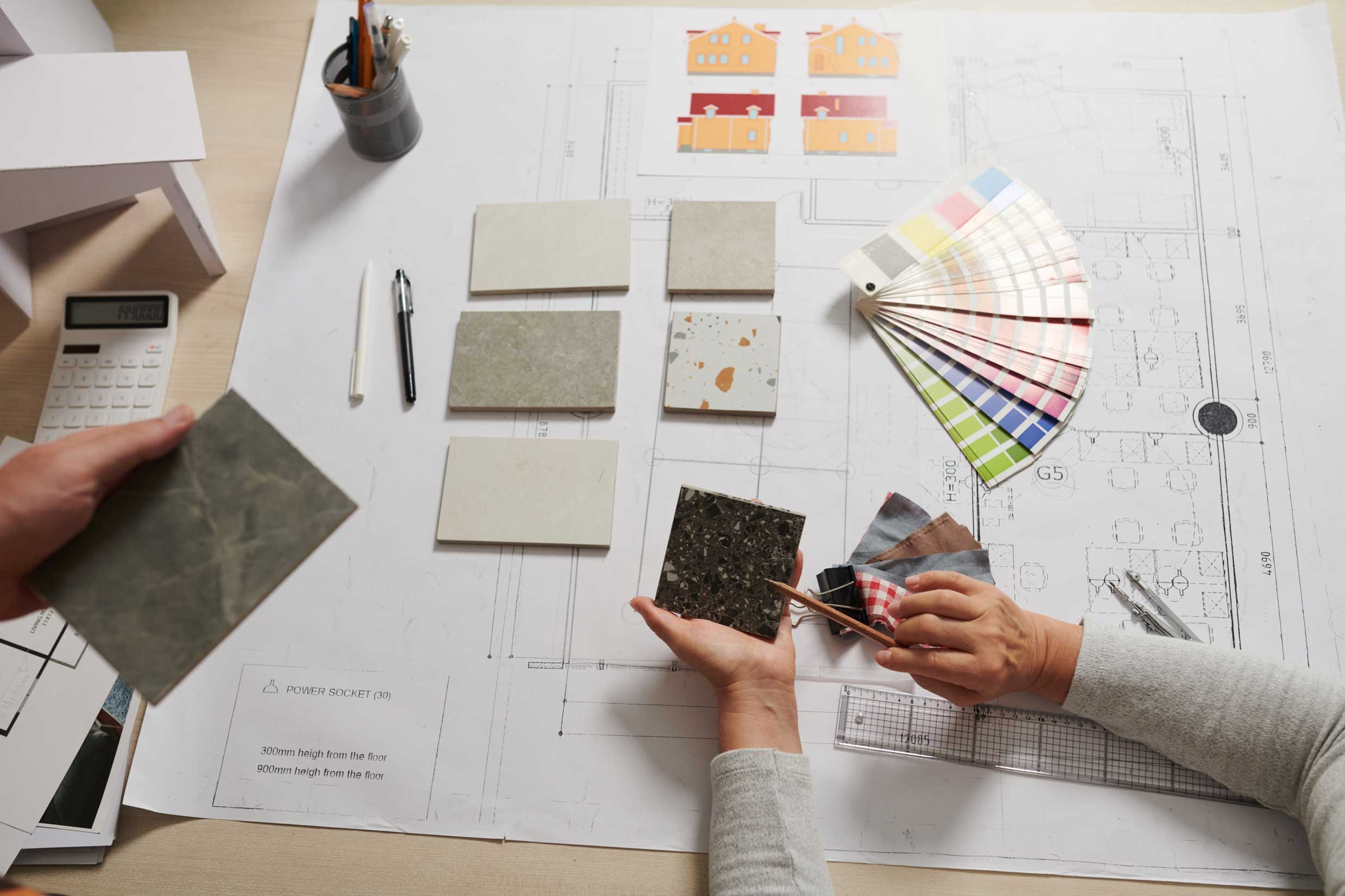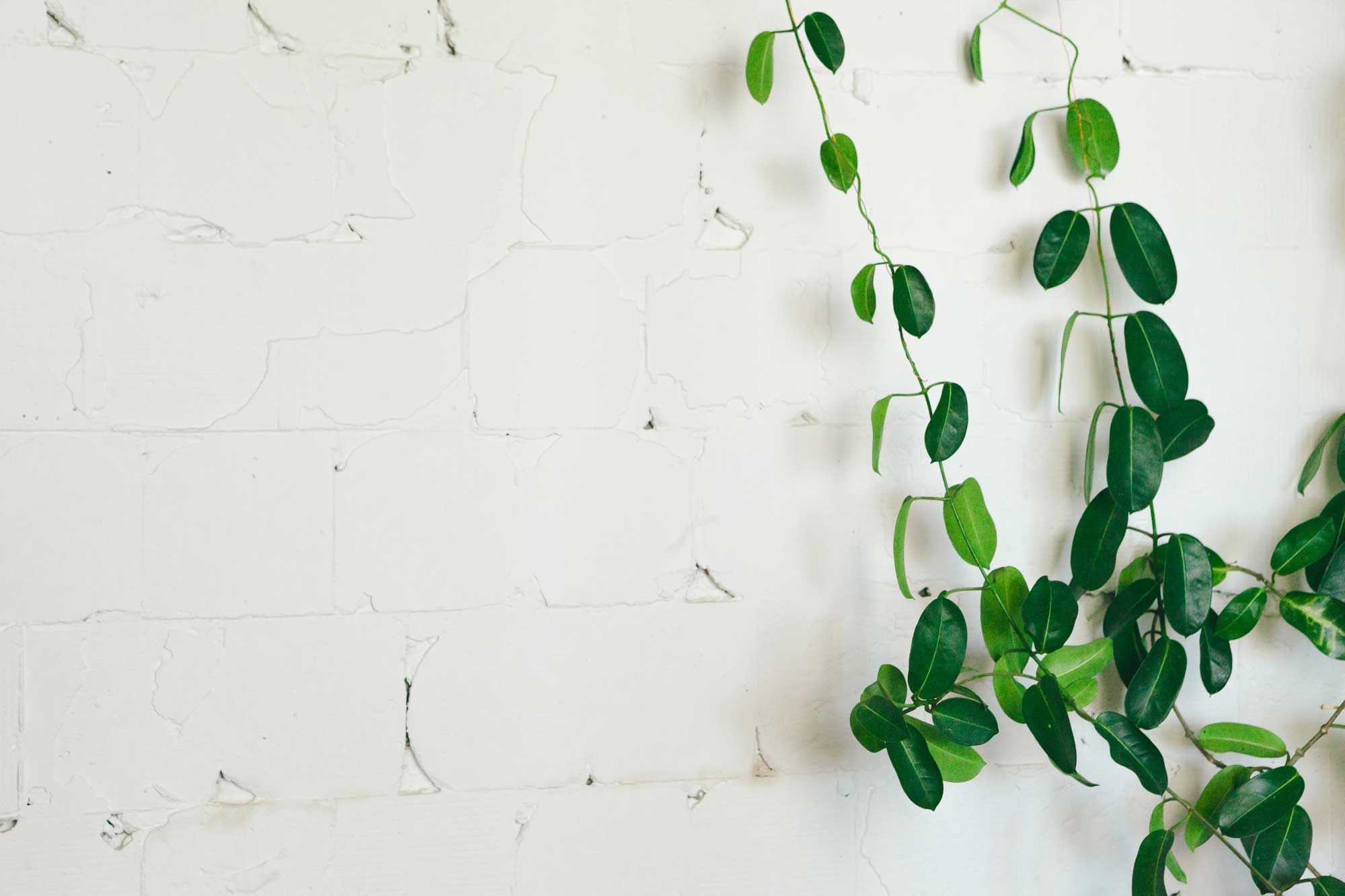When it comes to building or decorating a home design, sustainable practices have risen sharply. This trend, which is intended to be good for the environment as well as for the people, leads homeowners to be more aware of the impact of the materials they use to decorate their homes. So when it comes to choosing the right materials for floors or walls, it is fair to investigate the environmental impact of each option, including tiles.
Sustainability and tiles: are tiles sustainable?
Natural origins: tiles made of clay, sand and other natural materials
Crafted from natural materials, tiles are usually derived from resources like clay, stone, or recycled materials. Their extraction and manufacture involve fewer energy-intensive procedures than synthetic alternatives, contributing to a reduced carbon footprint. With a reduced impact on the environment, tiles showcase a commitment to environmental stewardship aligning with contemporary sustainability concerns.
Toxic less: no VOC, no Formaldehyde
Unlike alternative flooring options, the production of tiles doesn’t necessarily involve the use of harmful chemicals. Where Vinyl requires the use of petroleum and wood floors, the use of formaldehyde, the production process of tiles does not necessarily imply the use of any similar chemicals. Consequently, tiles release minimal to no Volatile Organic Compounds (VOCs). These invisible and odourless compounds swiftly disperse in the air, posing a threat to sensitive individuals and potentially leading to respiratory issues.
Emitting no VOCs, tiles are an ideal choice, preserving the air quality of your space and ensuring it remains safe and breathable.
Longevity: the high resistance of tiles
Tiles boast an impressive longevity that positions them as a sustainable and enduring choice for home design. Unlike many other materials, tiles exhibit exceptional durability, resisting wear and tear over time. This longevity not only reduces the need for frequent replacements but also minimises the environmental impact associated with the production and disposal of short-lived alternatives.

Low maintenance: easy to clean
The inherent low maintenance of tiles stands as a testament to their sustainability. Requiring minimal upkeep, they do not require the use of harsh chemical cleaners or excessive water usage to be kept clean or in a good state. This low maintenance attribute not only conserves resources but also lessens the environmental impact by decreasing the release of harmful substances into ecosystems.
By choosing tiles for home decor, individuals not only opt for ease of maintenance but also for a sustainable solution that minimises both the consumption of resources and the use of potentially harmful cleaning agents, contributing to a more eco-conscious living environment.

The after-life: recycling & recycled tiles
Tiles exhibit an impressive recyclability feature.
Some of the most cutting-edge eco-tiles are crafted from 100% locally sourced recycled material being in return 100% recyclable. This commitment to recycled content aligns with the broader sustainability ethos.
Recyclable tiles can then be utilised in the production of materials like cement, road substrates, bricks, or tile mosaics without requiring special treatments. Unused or broken tiles can also be used for DIY projects to elevate your home design and decorations.
Additionally, exploring local recycling programs or contacting tile manufacturers may unveil specialised avenues for ensuring tiles contribute to a circular economy and ecological sustainability. The possibilities for sustainably recycling tiles are boundless.
Sustainability at Ceramic Tile Supplies
At Ceramic Tile Supplies, environmental matters have always been part of our processes. For more than 50 years, we’ve been carefully selecting our partners and affiliations to provide only the most sustainable options. We are committed to working with sustainable European companies that supply eco-friendly products.
To do so, the companies we partner with are required to comply with strict guidelines that are applied both internationally and individually in Europe. For instance, the companies we work with benefit from different certifications such as LEED (Leadership in Energy and Environmental Design), ISO (International Organization for Standardization), EU Ecolabel, PEF (Product Environmental Footprint), EPD (Environmental Product Declaration) and more.
For us, sustainability rhymes with transparency prompting us to closely examine the environmental practices of the brands we engage with. From the materials they use for manufacturing to the different solutions they implement to manage their waste, we pay particular attention to their continuous adherence to our stringent sustainability criteria.
We take pride in partnering with companies dedicated to minimising their environmental footprint, fostering a collaborative commitment to responsible and eco-conscious practices.

